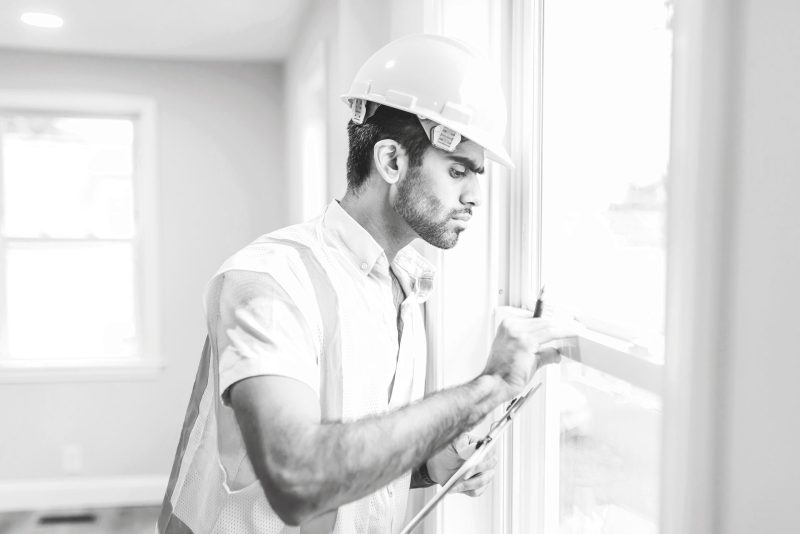A house is not only a place to live but also an excellent investment. To enhance the resale value of your house, it’s crucial to look at how to increase its property value. It can be affected by various reasons, and one of the most achievable strategies to increase property value is through home improvement projects.
Enhancing a property’s functionality, aesthetics, and overall quality can make it more appealing to potential buyers and increase its market appeal.
This article will provide insights to help you make informed decisions when boosting the property’s value, whether you’re planning to sell your home soon or simply want to increase its value in the future.
Gauging property value
Various factors can determine property value: the level of accessibility of public goods, limited supply of property, housing quality, safety, or natural factors (i.e., views, noise, pollution, frequency of disasters, etc.).
Most of the time, homeowners have limited to no power in controlling the outcome of those aspects — hence, the importance of improving the quality aspect of the property to boost the property value.
For example, research shows that building orientation can affect property value. The study concluded that building orientation could affect a housing’s exposure to natural lighting, culminating in up to a 15% increase in property value.
In addition to the practical aspect, buyers might be interested in niche home preferences, such as chimneys, attics, or outdoor swimming pools.
Healthy building parameters
Home improvement can follow the aspects of healthy building parameters (HBP).
Research showed that after the SARS outbreak of 2003, homeowners were more likely to buy a property that follows the HBP. The case implies that life after the COVID-19 pandemic can also affect property value similarly.
Healthy building parameters consist of four aspects: architectural design, building service design, external environment, and property management. Each aspect contains several sub-aspects that can improve the residents’ quality of life and the building’s property value.
By understanding the fours aspects below, homeowners can gauge their needs before making home improvements:
Architectural design
In architectural design, homeowners can develop the house with a proper-sized window (around 1.5m x 1.5m). The window can allow a good amount of natural light into the house and cut electricity consumption during the day.
A balcony is also crucial for natural exposure, especially in apartment housing. It can also be used for gardening, relaxing, and exercising.
Read more: Benefits of Having a Balcony During and Post-Pandemic
Building services design
With the building service design aspect, homeowners can consider the placement of air conditioning within each room. The placement of AC should be under no circumstances be exposed to direct sunlight or any other source of heating because it can consume more electricity to cool down the room.
Also, it is beneficial for homeowners to install a good hot water supply, which can be helpful in cold weather.
External environment
Homeowners can take advantage of the views around the property. Installing a window or balcony or ensuring proper orientation of the house can maximize the aesthetic value of the house, especially if the property is nearby the sea, woods, or mountain.
In addition, homeowners can also install a cross-ventilation system. Each room can benefit from two windows placed across from each other, allowing the air to pass through the space without utilizing a fan system.
Property management
Homeowners can aim to maintain the drainage system and water tank system. Maintaining the drainage system can help prevent the water from flowing back to the house, bringing dirt, debris, and other unwanted clutters.
Also, it is beneficial for homeowners to have a good disposal system, install a large dumpster, and have access to regular garbage disposal services.
Feng Shui
Other than healthy building parameters, homeowners can take a cultural approach to home improvement.
For example, research shows that a Feng Shui-designed house attracts potential homebuyers in Western nations due to their cultural or aesthetic values. Among its most attractive features include:
- rounded wall corners;
- a separate kitchen sink and stove;
- a shielded electrical course;
- a saltwater aquarium;
- outdoor parks with a labyrinth,
- full-spectrum lighting,
- solid wood front door;
- or a front door that is positioned not parallel to the back door.
Feng Shui, however, will be more attractive to Chinese homeowners. Although this also implies that there is potential for other cultural innovations to be adopted into home improvement practices, depending on the property’s geographical location or the homeowners’ personal preferences.
In conclusion
Property value can be increased through home improvement projects and cultural innovation. Several aspects, such as architectural design, building services design, the external environment, and property management, are among the most crucial. By understanding these fundamentals of home improvement, homeowners can assess the time and money needed before executing the renovation.
If you would like to know more about home improvement, visit the Home Organization Science Labs. Using the research of the Institute for Life Management Science, the lab produces courses, certifications, podcasts, videos, and other resources. Check out the Home Organization Science Labs today.
Photo by RODNAE Productions on Pexels



